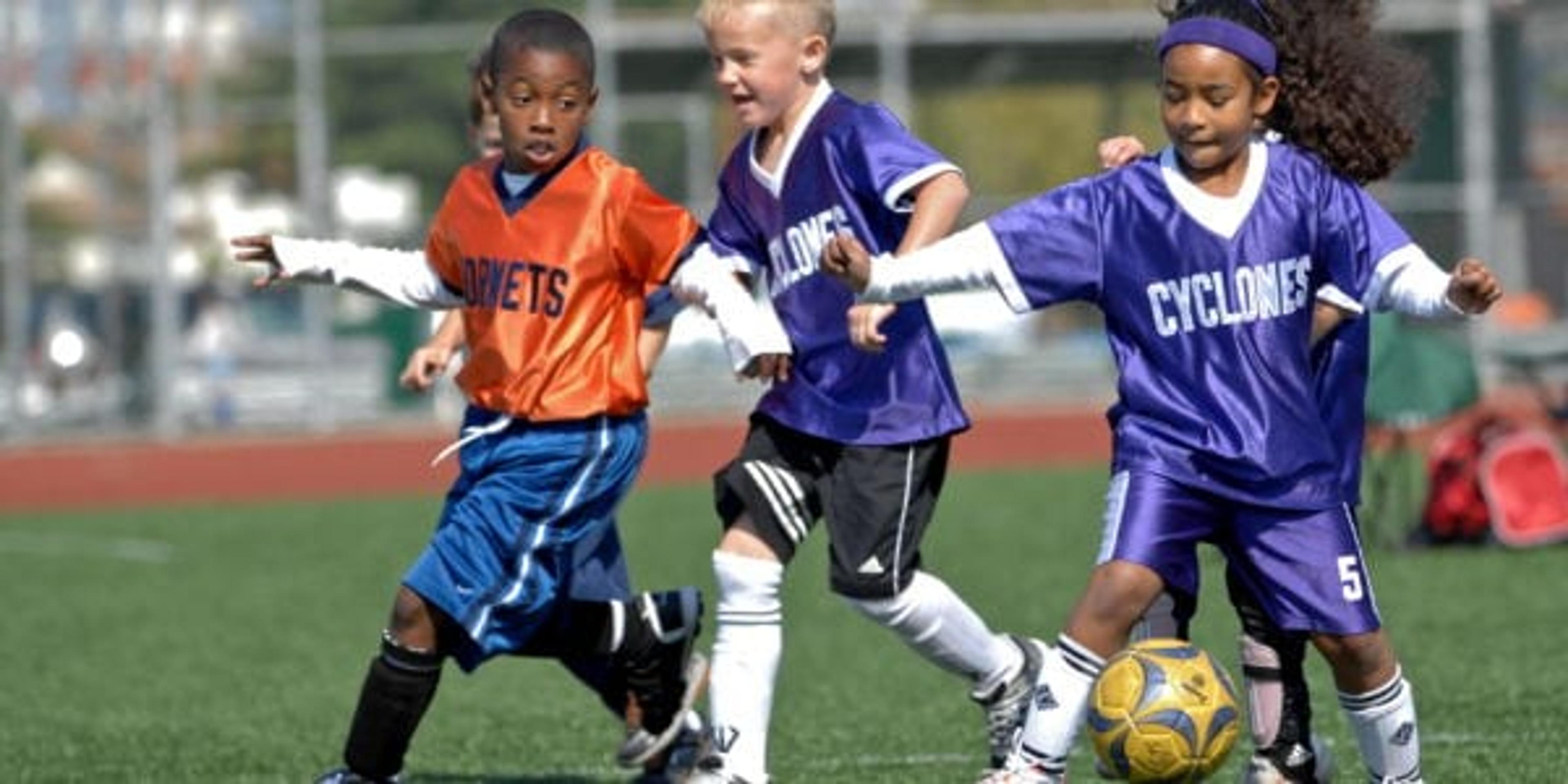Tips to Find the Right Extracurricular for Your Child
T. Jann Caison-Sorey
| 4 min read

In today’s world, keeping young minds and bodies engaged can seem difficult. In fact, between 70 and 80 percent of children involved in an organized sport quit by the time they turn 15.
To set a child up for success in an extracurricular activity, it’s key to identify what best suits his or her strengths and interests. Participation in an enjoyable activity outside of traditional academics allows a child to express themselves, meet new people and develop lifelong skills.
- Talk About It: Before committing to an extracurricular activity, sit down and talk about it. Find out what your child is interested in and why, explain what the activity entails and try creating a list of pros and cons. Depending on a child’s everyday schedule, certain activities may not be realistic within the scope of existing commitments. One of the best ways to determine whether a child is truly interested in an extracurricular is to actively listen and gauge enthusiasm while navigating potential obstacles together.
- Expose Them: Gauge interest in an activity by exposing the child to it first. Whether it’s football, art class or chess club, take time to attend an event, lesson or game where they can observe (and potentially try) the activity. If the child seems eager and engaged, asks questions and shows interest in returning, the activity might be worth exploring further.
- Find the Right Fit: Though team sports are a popular choice among school-aged children, not every child is interested in being an athlete. When researching extracurriculars, keep in mind art, music and even academic activities outside of the classroom, which are all great options. If a child shows interest in an activity for which they may not be suited, take the time to sit down and discuss concerns in a way they can understand. However, try not to discourage participation if there’s a genuine interest and understanding of what it entails. More than likely, the child will be on the same page about their ability to be successful at the activity.
- Explore the Options: Long-term, high-intensity training in one sport or activity can lead to health issues and burnout. Exploring a variety of extracurriculars allows a child to seek new opportunities, widen their horizon and get an idea of what they like and dislike. Consider seasonal activities or explore less traditional sports, such as martial arts, swimming, dancing, etc. Regardless of the activity, achieving goals can positively impact a child’s self-esteem and motivation.
- Set Boundaries: Allowing a child to play a role in choosing an extracurricular activity without steering their decision is crucial. Whether it’s academics or sports, an over-involved parent can induce anxiety in a child, or make them feel an overwhelming pressure to succeed. Though the intention is usually to protect a child from pain or failure, overbearing behavior can have long-term negative effects on a child’s mental health.
- Celebrate Success and Failure: Though every parent wants to see their child succeed, there will inevitably be times when they will fail. As a family, it’s important to have conversations about the value of success and failure. Both experiences can be an opportunity to learn and practice sportsmanship and self-discipline. Teach that success is not a given, you must work for it in anything you undertake. If a child regularly complains or seems unhappy when participating in an activity, discuss the reasoning behind these feelings and explore opportunities to resolve the problem before moving on to a new activity.
Sometimes you win and sometimes you lose but both outcomes pose excellent learning opportunities. If a child experiences a loss, the best lesson to teach is about having great pride in the activity and having good sportsmanship. Teach that success is not a given—you must work for it in anything that you do or undertake. Many coaches use this tactic to ensure their teams stay balanced whether they win or lose.
Like this post? Check these out:
Photo credit: USAG-Humphreys





